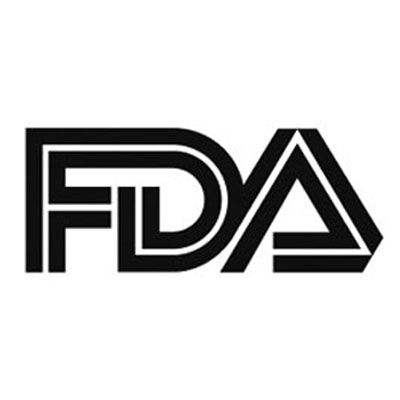FDA Places Clinical Hold on MELANI-01 Trial for CAR T-Cell Therapy
The FDA has placed a clinical hold on the MELANI-01 clinical trial evaluating UCARTCS1A, a chimeric antigen receptor T-cell therapy.

The FDA has placed a clinical hold on the MELANI-01 clinical trial (NCT04142619) evaluating gene-edited allogeneic chimeric antigen receptor (CAR) T-cell therapy known as UCARTCS1A, announced Cellectis in a press release.
The hold was initiated following the submission of a safety report on 1 patient enrolled in the study at the second level dose who had relapsed and refractory multiple myeloma. This patient with myeloma had enrolled to MELANI-01 after unsuccessful treatment with prior lines of therapy, which included autologous CAR T-cell therapy. The study drug induced fatal treatment-emergent adverse event (AE) of cardiac arrest. Investigators are clinically evaluating the case, which remains ongoing. Additional details regarding the immediate and underlying causes of the event will be collected.
“We share the FDA’s commitment to patient safety and are working collaboratively with the agency and the investigators to resolve this clinical hold,” said Carrie Brownstein, MD, chief medical officer, Cellectis, in a statement. “The safety of patients enrolled in our clinical trials is our utmost priority, and we at Cellectis remain committed to safely resuming the clinical development of CAR T cell product candidate targeting CS1 for patients with multiple myeloma and unmet medical need.”
Prior to the clinical hold issuance, the company expanded enrollment for the first dose level, which may have been appropriate dosing for further evaluation in the expansion phase of the study and may have become the recommended phase 2 dose based on the preliminary clinical and translational data. The company also began to execute updates to the clinical protocol to reflect this, as well as monitor additional risks that could potentially arise with the agent’s novel mechanism of action.
The company will work closely with the FDA and make changes to the trial protocol design to better enhance patient safety. An amended protocol is expected to be submitted under the request of the FDA in time.
The phase 1 open-label, first-in-human dose-escalation MELANI-01 study evaluated the CAR T-cell product for the potential treatment of patients with relapsed or refractory multiple myeloma. The agent is an allogeneic, off-the-shelf, gene-edited T-cell candidate that has been designed for the treatment of CS1/SLAMF7-expressing hematologic malignancies. CS1/SLAMF7 is highly expressed on myeloma tumor cells.
The primary end point of the study was safety, which was measured by incidence, nature, and severity of both AEs and serious AEs (SAEs). Patients with an ECOG performance status of 0 or 1, no prior treatment with an investigational therapy targeting CS1, adequate organ function to be eligible for enrollment to the study prior to the clinical hold.
At this time, patients are able to enroll to 2 of the other phase 1 dose-escalation trials from the company, which include the AMELI-01 trial (NCT03190278) evaluating UCART123 in patients with relapsed or refractory B-cell acute myeloid leukemia and the BALLI-01 trial (NCT04150497) evaluating UCART22 in relapsed or refractory B-cell acute lymphoblastic leukemia.
The primary end point of the AMELI-01 trial is the incidence of AEs, SAEs, and dose-limiting toxicities. To be eligible for enrollment, patients must have relapsed/refractory acute myeloid leukemia, an ECOG performance status of 0 or 1, and adequate organ function.
BALLI-01 is enrolling patients with relapsed or refractory CD22-positive acute lymphoblastic leukemia following at least 1 prior line of chemotherapy and 1 salvage regimen. They also must have an ECOG performance status of 0 or 1 and no organ dysfunction. The primary end point of this study is also the incidence of AEs, SAEs, and dose-limiting toxicities.
Reference
Cellectis Reports Clinical Hold Placed on MELANI-01 Study. News Release. Cellectis; July 6, 2020. Accessed July 7, 2020. https://bit.ly/2ZNBiYI